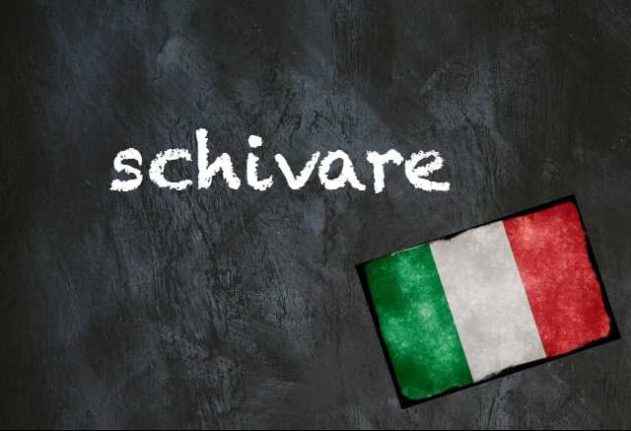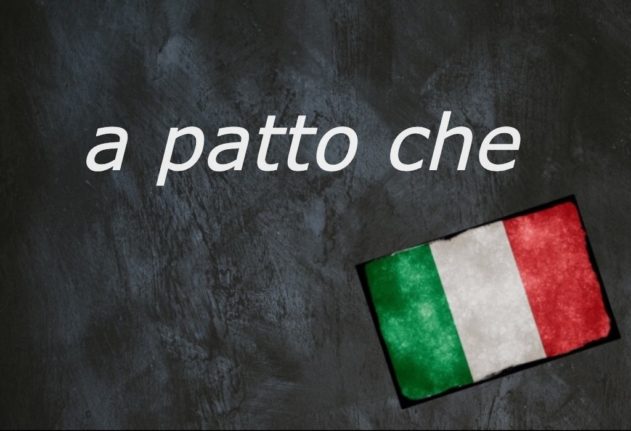We’re all prone to avoidant behaviours from time to time, and Italians, despite being more sociable than many of their northern European counterparts, are no exception.
Whether you’re avoiding a person or swerving out of the way of a pothole, there’s one verb in Italian that will do the job: schivare (pronounced skee-VAR-ay).
The word has the same root as schifare (to disgust or make sick): the early German Franconian dialect word skiuhjan, meaning to respect or revere something.
With schivare, this evolved into the idea of steering clear of something out of a sense of respect or reverence, and then just into avoiding altogether (with schifare it mutated one step further, becoming ‘to repulse’).
Schivare can mean to dodge or avoid a physical object, a situation or encounter, or a person.
È un soldato, è abituato a schivare lame e proiettili.
He’s a soldier, he’s used to dodging blades and bullets.
Devi imparare a schivare le buche guidando a Rome.
You have to learn to avoid the potholes driving in Rome.
Non so perché tutti mi schivano.
I don’t know why everyone’s avoiding me.
Bel modo di schivare la domanda.
Nice way to dodge the question.

The phrase ‘to dodge a bullet’, meaning to escape an undesirable situation or outcome, translates directly into Italian as schivare un proiettile.
Abbiamo schivato un proiettile, fidati.
We dodged a bullet, trust me.
Related to schivare, the adjective schivo/a means shy, timid, reserved, or self-effacing.
È una tipa schiva, non parla mai di se stessa.
She’s a reserved person, she never talks about herself.
È un animale d’indole schivo che non tende a mescolarsi ad uccelli di altre specie.
It’s an animal with a shy nature that tends not to mix with birds of other species.
Don’t be schivo! Try out these words in a conversation this week.
Do you have an Italian phrase you’d like us to feature? If so, please email us with your suggestion.



 Please whitelist us to continue reading.
Please whitelist us to continue reading.
Member comments